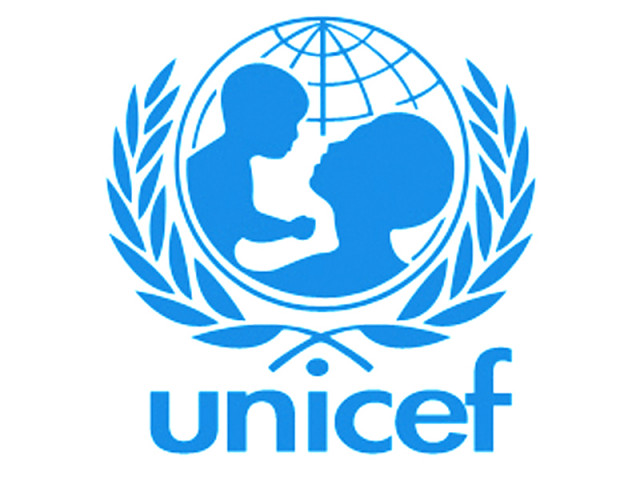Quality, affordable care can reduce neonatal mortality
UNICEF helps set up kangaroo mother care centres for premature births

There is a need for ensuring the universal provision of high quality and affordable medical care for pregnant women to not only curb premature births but to also reduce maternal and neonatal mortality.
This was stated by the United Nations Children's Fund (UNICEF) Pakistan Representative Aida Girma on Monday ahead of the World Preterm Day which is observed today (Tuesday).
The theme for this year is ‘Together for babies born too soon – Caring for the Future’.
Girma said that it is concerning to note that the existing rate of preterm births of five to 18 per cent, is on the rise in most countries.
Each year, she said, an estimated 15 million babies around the world are born before the standard 37-week pregnancy term is completed.
Preterm birth complications, she said, are a leading cause of death for children under five years of age.
In Pakistan, though collaborative efforts over the past five years have helped reduce the newborn mortality rate from 55 to 42 deaths per 1,000 live births, Girma said, adding that losing even that many precious lives are unacceptable and a matter of national concern.
“Active involvement with long, direct periods of care and the physical and emotional closeness of baby and parents during birth, delivery and hospitalisation can have great benefits on the short and long term health of the baby,” the UNICEF representative stated.
She added that evidence-based, high-quality treatment and care provided timely by a well-trained, specialised multidisciplinary team with safe staffing levels can improve health outcomes of hospitalised babies.
Girma also mentioned that the provision of specific training and supportive supervision to advance skills and competencies such as safe use of water, sanitation and hygiene, and infection, prevention and control facilities were critical.
As the world deals with the novel coronavirus challenge, the World Health Organisation (WHO) recommends that healthcare providers should allow mothers and infants to remain together and practice skin-to-skin contact, especially right after birth irrespective of whether the mother or the child are either suspected or confirmed to have contracted the pandemic virus.
In this regard, Girma pointed out that the UNICEF, in collaboration with the federal health ministry and the provincial health departments, has supported the establishment of 17 Kangaroo Mother Care (KMC) centres across the country. These centres, she said, have all necessary equipment to help train staff from obstetrics or gynaecology and neonatology units.
Published in The Express Tribune, November 17th, 2020.

1724319076-0/Untitled-design-(5)1724319076-0-208x130.webp)

















COMMENTS
Comments are moderated and generally will be posted if they are on-topic and not abusive.
For more information, please see our Comments FAQ